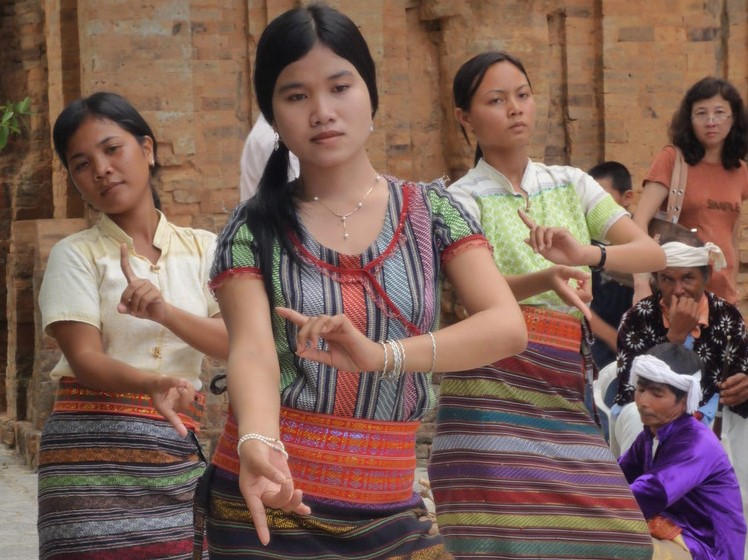The Utsuls, a community of 10,000 Muslims in Sanya, a city on China’s resort island of Hainan, have become the latest targets of repression in the Chinese Communist Party’s campaign against religious minorities, according to a report in the New York Times.
The authorities have closed down two Islamic schools and have twice tried to bar female students from wearing headscarves. Signs on shops and homes that read “Allahu akbar” — “God is greatest” in Arabic — have been covered with stickers promoting the “China Dream,” a nationalistic official slogan. The Chinese characters for halal, meaning permissible under Islam, have been removed from restaurant signs and menus, the New York Times report states.
The crackdown on the Utsuls shows that China wants to obliterate the identity of even its smallest Muslim minorities as part of its campaign for a unified Chinese culture dominated by the Han ethnic majority.
The new restrictions mark a reversal in government policy, according to local religious leaders and residents, who spoke to the New York Times on condition of anonymity to avoid government retaliation.
The party has come down with heavy suppression of Muslim communities on the pretext of curbing violent religious extremism. It has used this excuse to justify the persecution of Muslims in China’s Xinjiang region, following a series of attacks seven years ago. But Sanya does not fit into this picture as it has seen little unrest.
The Chinese government has repeatedly denied that it opposes Islam. But under the leadership of Xi Jinping, the party has demolished mosques, ancient shrines and Islamic domes and minarets in northwestern and central China. Its crackdown has focused heavily on the Uighurs, a Central Asian Muslim minority of 11 million in Xinjiang, many of whom have been held in mass detention camps and forced to renounce Islam.
SWITCH IN POLICY
The campaign against Islam was stepped up in 2018 after the State Council, China’s cabinet, issued a confidential directive ordering officials to prevent the faith from interfering with secular life and the state’s functions. The directive warned against “Arabisation” and the influence of Saudi Arabia, or “Saudi-isation,” in mosques and schools.
In Sanya, the party is going after a group who play an important role in China’s relations with the Islamic world. The Utsuls have played host to Muslims from around the country who holiday in the Hainan island in the South China Sea. They have served as a bridge to Muslim communities in Southeast Asia and the Middle East.
The Utsuls’ Islamic identity was highlighted in the past by the government as China pushed for stronger links with the Arab world. Such links have been crucial to Xi Jinping’s Belt and Road Initiative, comprising infrastructure projects across the world aimed at Beijing’s geopolitical influence.
The Utsuls have become “an important base for Muslims who have moved abroad to find their roots and investigate their ancestors,” said a government notice in 2017 hailing the role of Islam in Hainan in the Belt and Road plan. “To date, they have received thousands of scholars and friends from more than a dozen countries and regions, and are an important window for cultural exchanges among peoples around the South China Sea.”




















